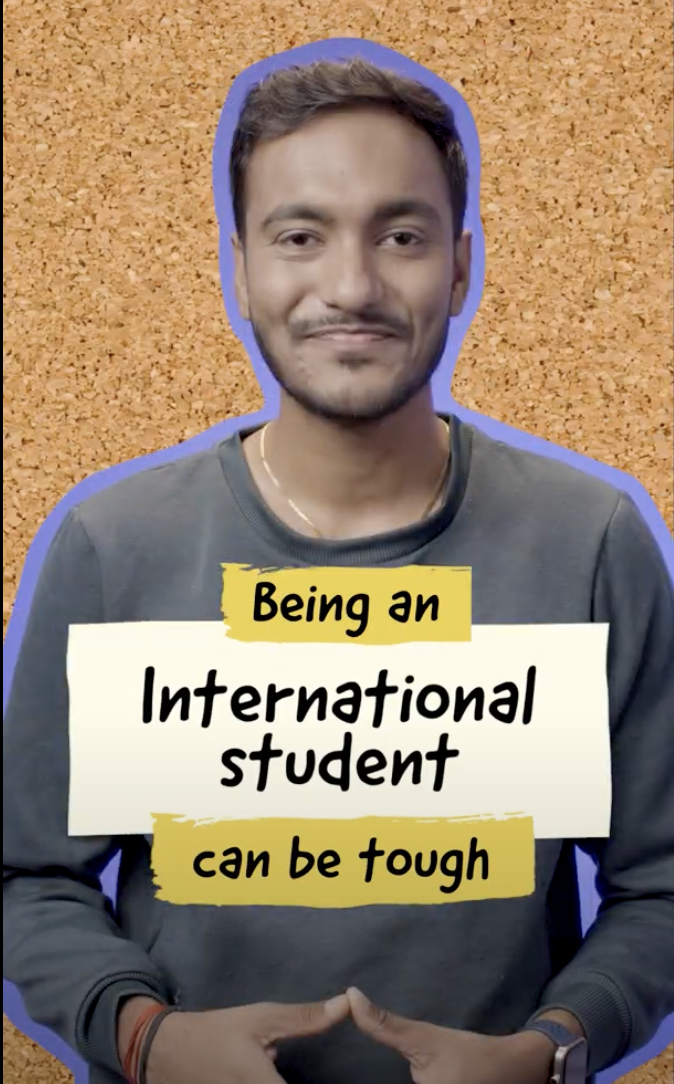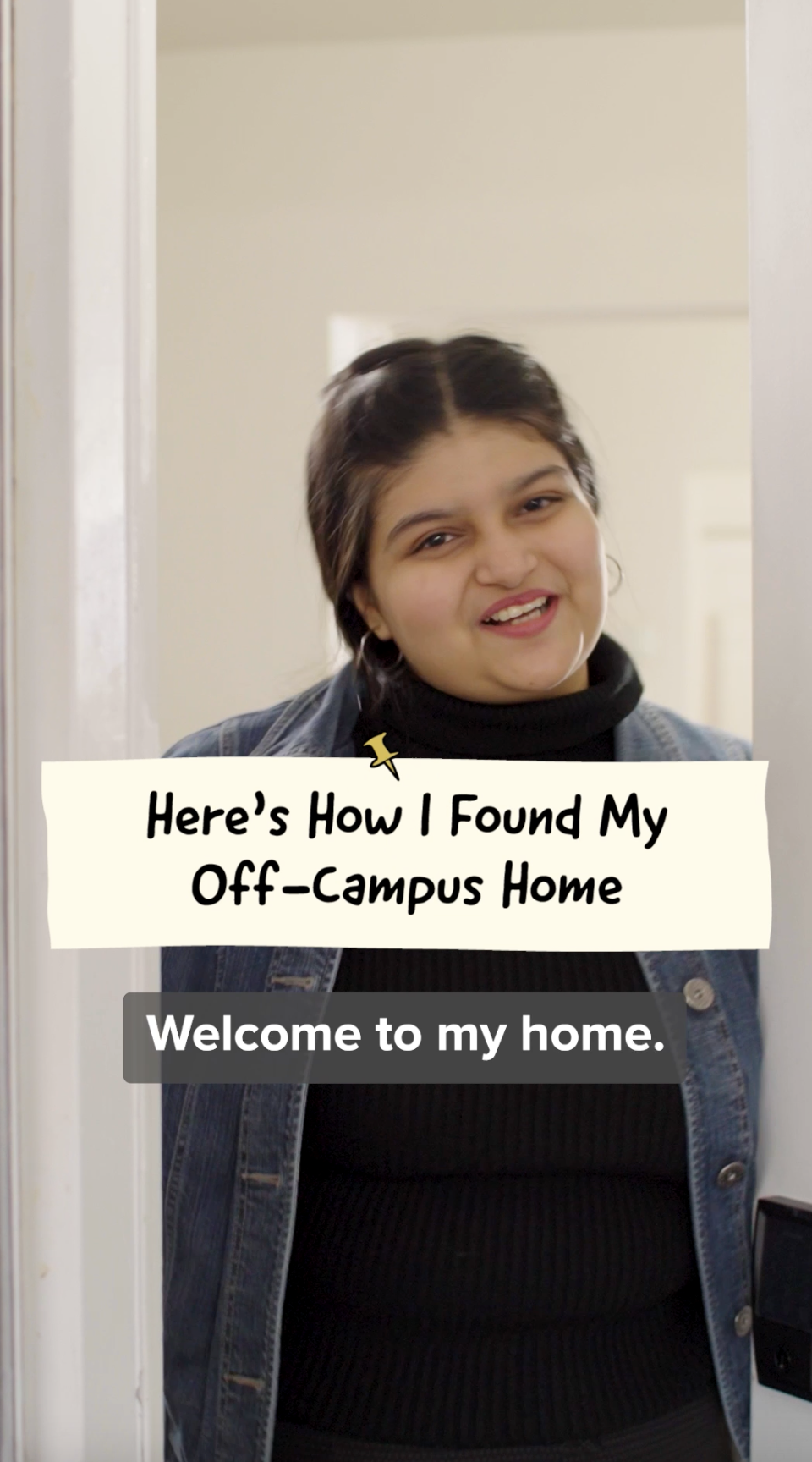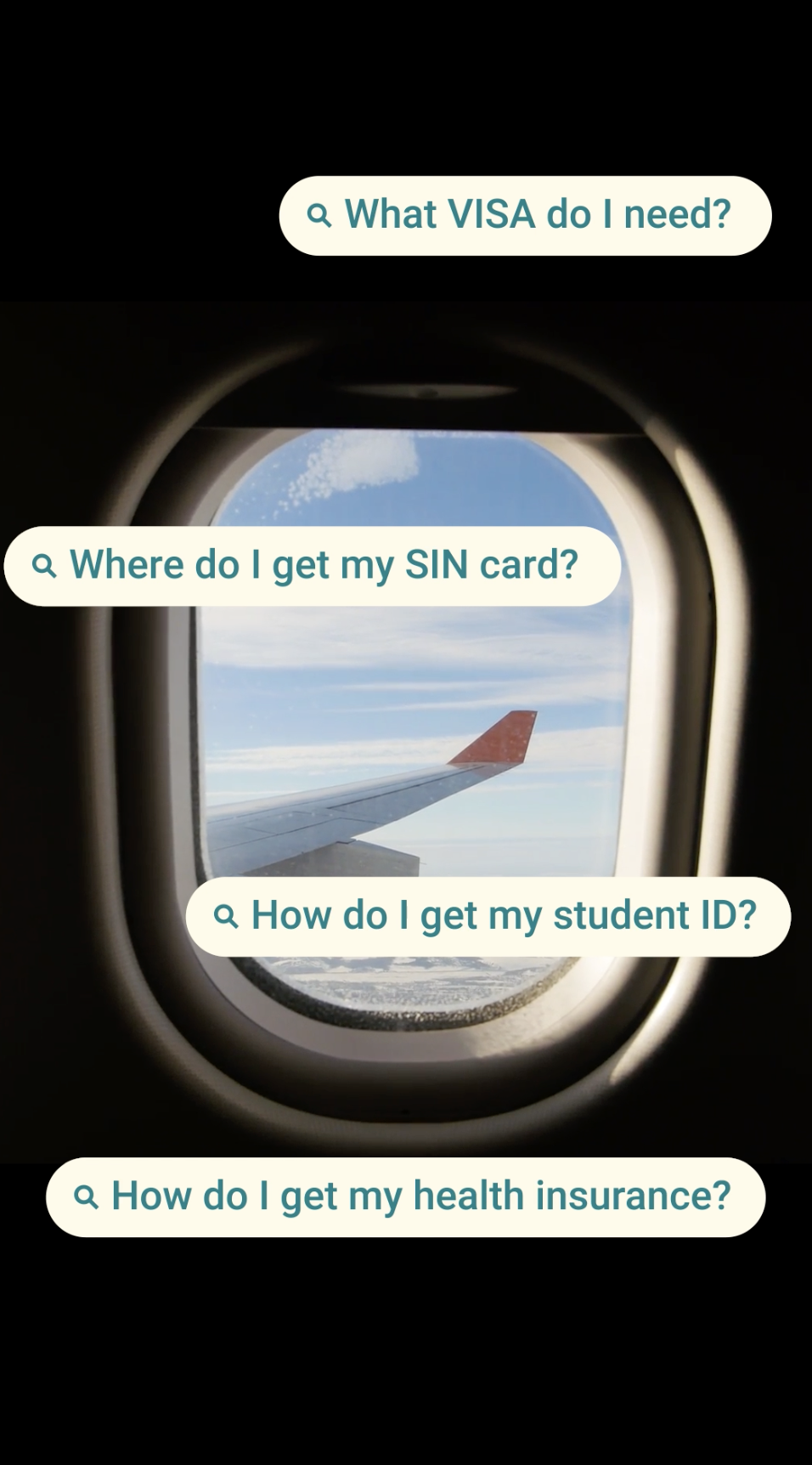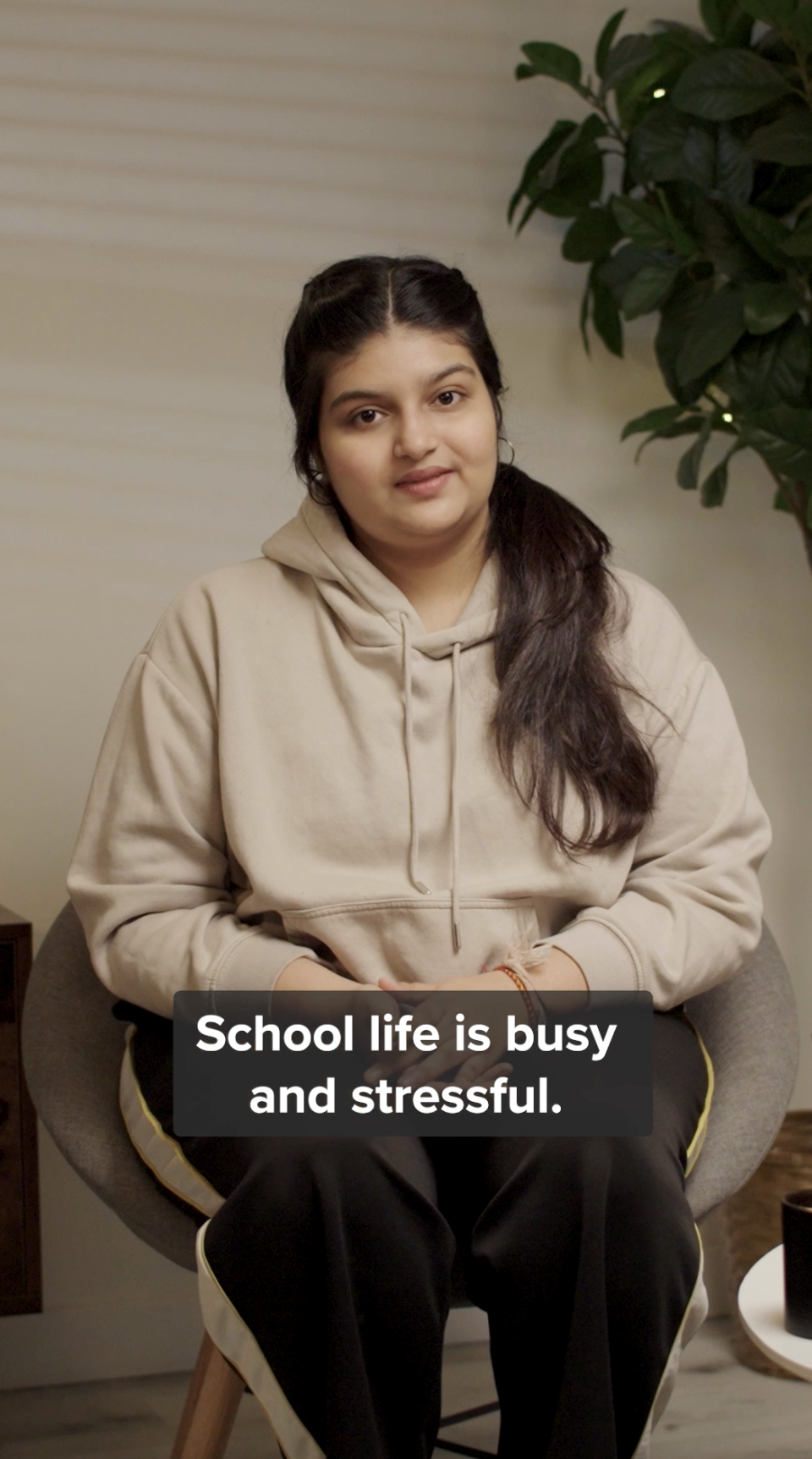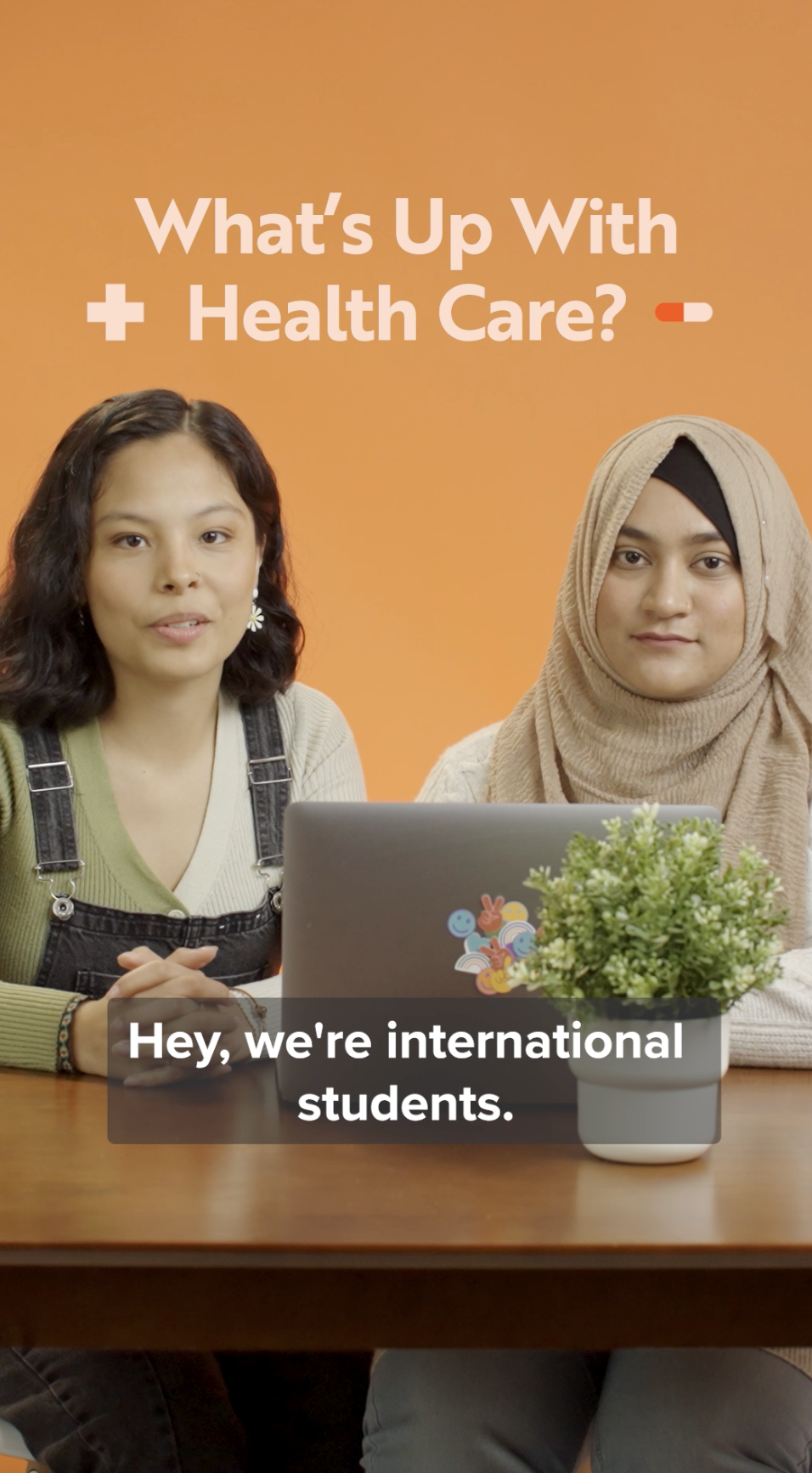Moving to a new country for school can be both exciting and stressful! Student Health, Counselling & Wellness Services is here to help support your well-being while you are a student at the University of Windsor. On this page, you will find a series of videos and resources that will provide you with more information about what to expect when you arrive in Canada and practical tips for success, including ideas for finding a place to live, navigating the Canadian healthcare system, making friends, finding a job, and taking care of yourself.
Newcomers Community Videos
Videos made possible with funding from the Ontario Ministry of Colleges and Universities in partnership with St. Clair College, University of Windsor, and the Canadian Mental Health Association Windsor-Essex Branch. The views expressed in the publication are the views of the Recipient and do not necessarily reflect those of the Province.

